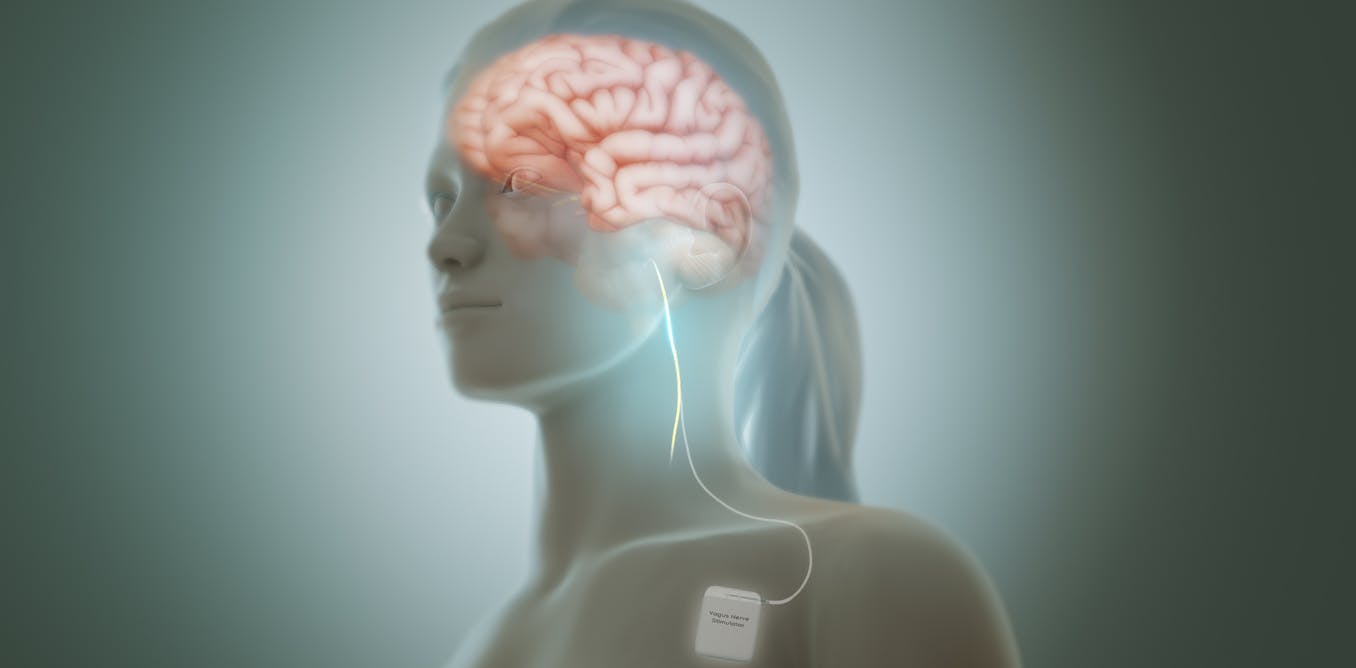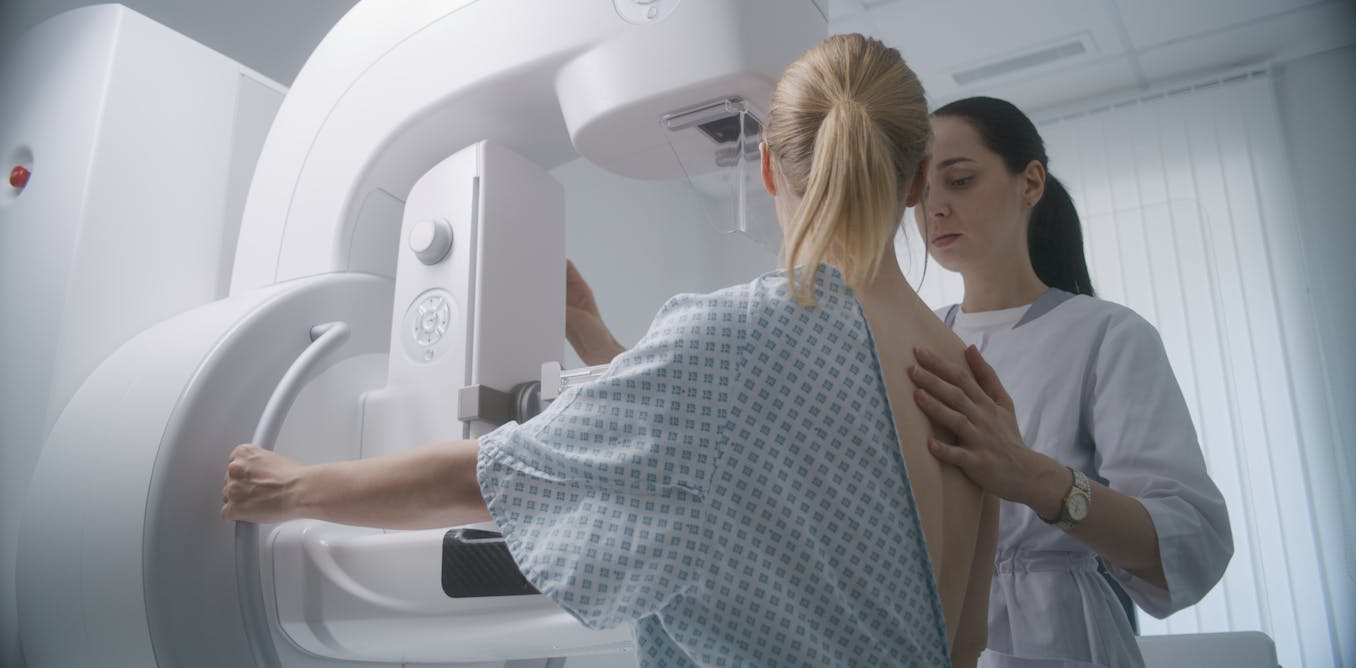Valentine’s Day won’t fix your relationship – but attachment theory might explain it
As Valentine’s Day approaches, restaurant bookings fill up and couples exchange cards, flowers and carefully chosen gifts. For some, it’s a day of closeness and connection. For others, it can bring anxiety, disappointment or emotional distance. These different reactions may feel deeply personal. But in terms of psychology, they may reflect something much deeper – […]
Continue Reading








